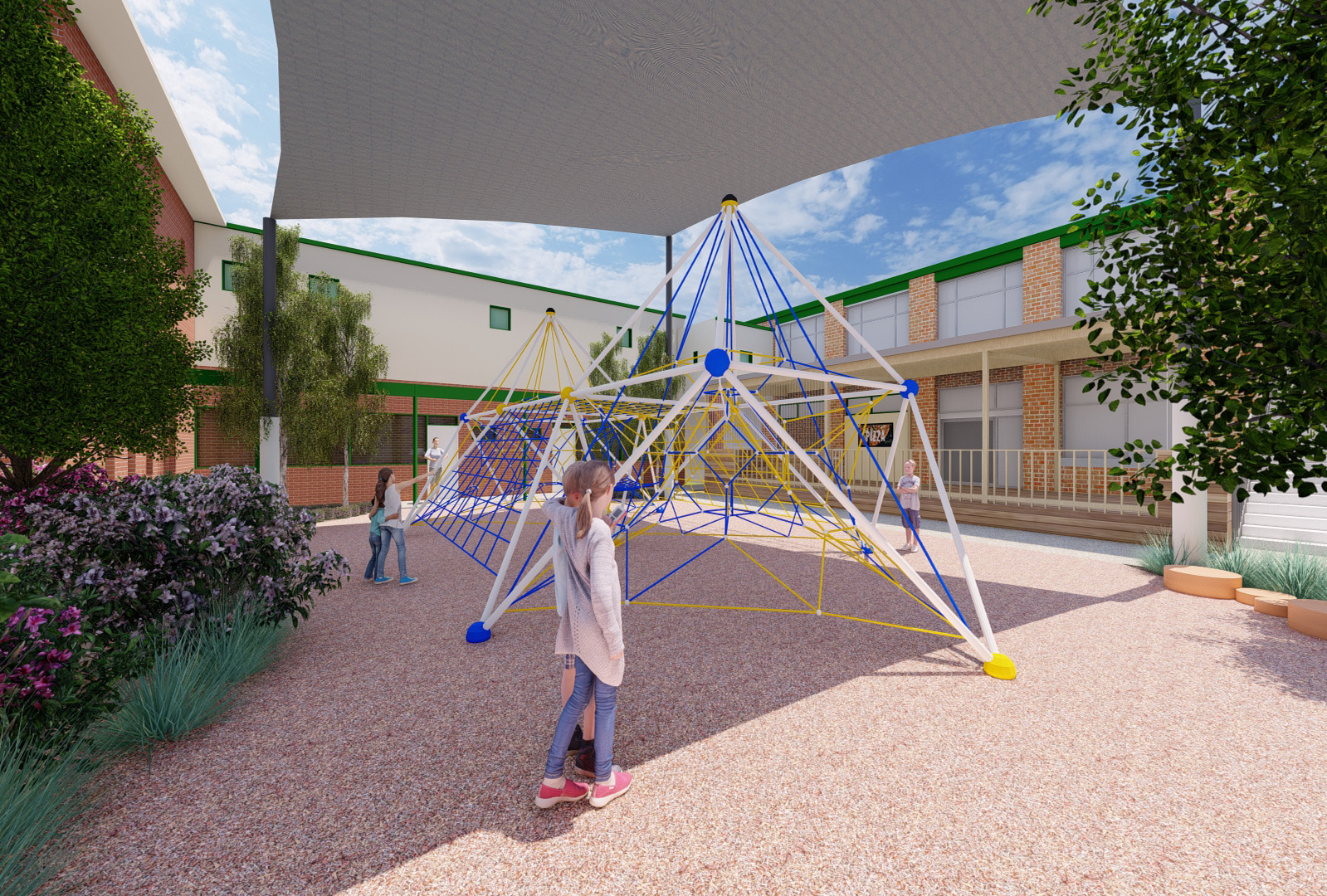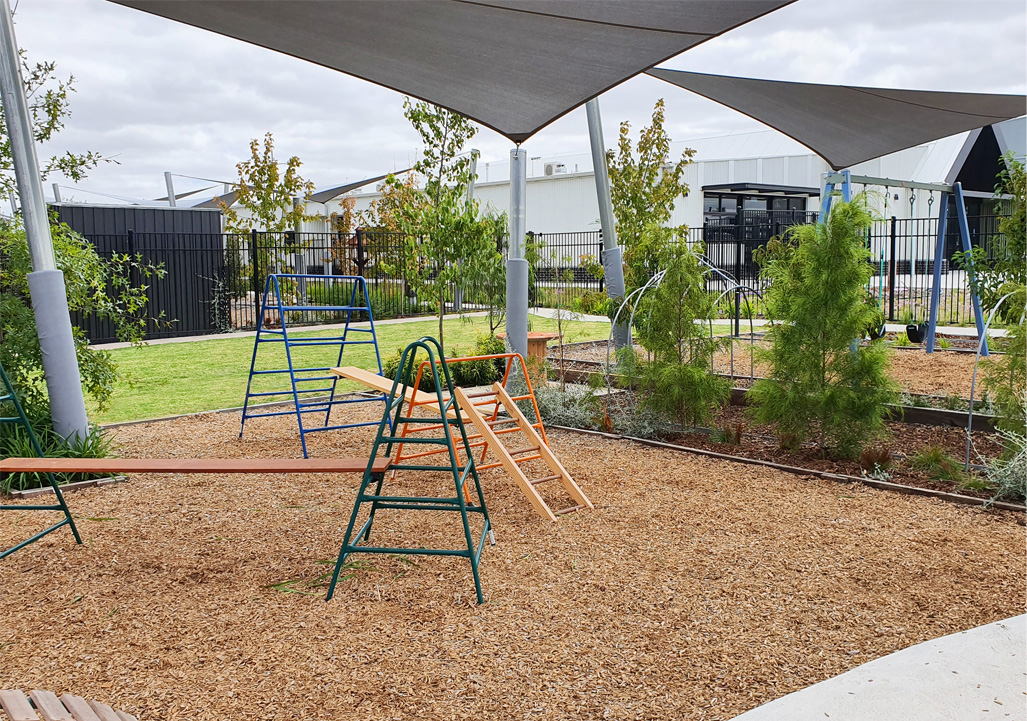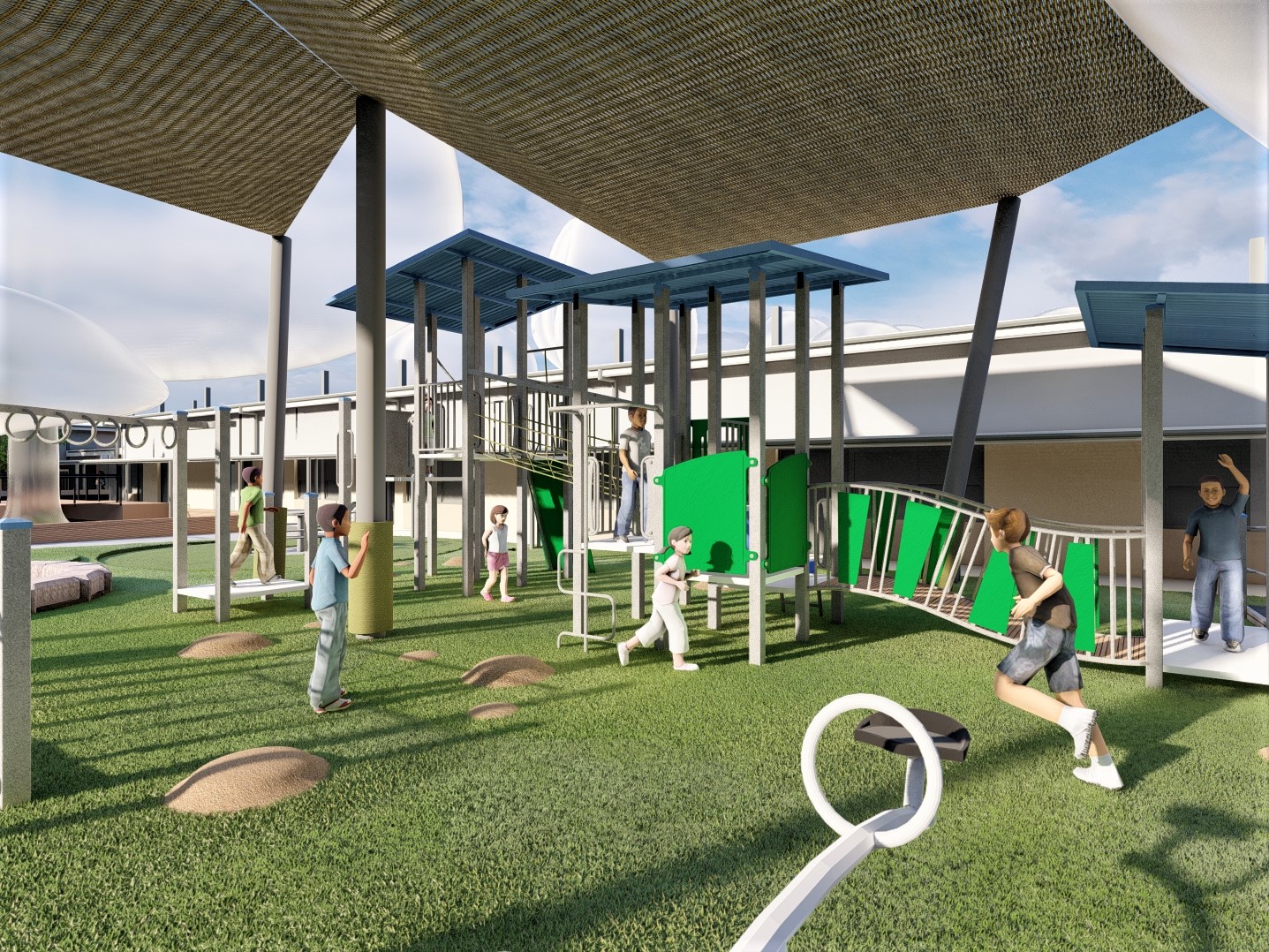


Benefits of Outdoor Play For Primary School |
While the importance of play is well-recognised for the Preschool years, learning through play during Primary School years also takes on a critical role and changes from the first few years of Primary School to the last. Being able to incorporate the outside environment into the learning program—formally and informally—provides a variety of benefits for all children, particularly to those who struggle with the more structured and formal educational methods. Unstructured physical activity during the day helps children sleep better at night, increases concentration, and improves mood the next day. It is critical in providing opportunities to help children engage with others while having fun and not purely focused on a specific outcome such as formal group activities and competitive sports. Outdoor play helps Children grow socially, helping them to develop healthy ways of forming friendships, responding to physical interaction, and using their imaginations to entertain each other. It helps them solve problems, build relationships within their peer group, and gain a respect for nature. most of the studies agree that Children who play outside are smarter, happier, more attentive, and less anxious than Children who spend more time indoors.
Outdoor Playspace Design by Botanical Traditions
• It promotes creativity and imagination - Up until grade 5 Children tend to gravitate towards an unstructured style of play, which allows Children to interact meaningfully with their surroundings in a free manner. • It teaches responsibility - Living things die if mistreated or not taken care of properly. Entrusting a child to take care of the living parts of their environment means they’ll learn what happens when they forget to water a plant or pull a flower out by its roots. Children of this age can easily be given responsibility for caring for living things. • It provides different stimulation - Nature may seem less stimulating than a screen, but it actually activates more senses—you can see, hear, smell, and touch outdoor environments. • It gets Children moving - Most ways of interacting with nature involve more exercise to the physical body as well as brain than sitting at a desk. Children do not need to be playing a sport and not all children enjoy this sort of play, there should be a range of physical activities which can be undertaken within the school grounds. • It makes them think – Nature creates a unique sense of wonder for Children that no other environment can provide. The phenomena that occur naturally in playspaces everyday make Children ask questions about the earth and the life that it supports. |
|
 |
 |
| Outdoor Playspace Design by Botanical Traditions |
To stimulate creativity, a playspace should be filled with as many natural materials as possible and in combination with a selection of carefully chosen synthetic materials. Providing various objects with differing form, colour and texture encourages Children to invent their own forms of play, stimulate imagination and develop unique ways in which to express themselves, and must be carefully considered to achieve these outcomes.
|